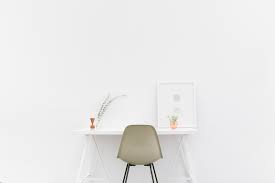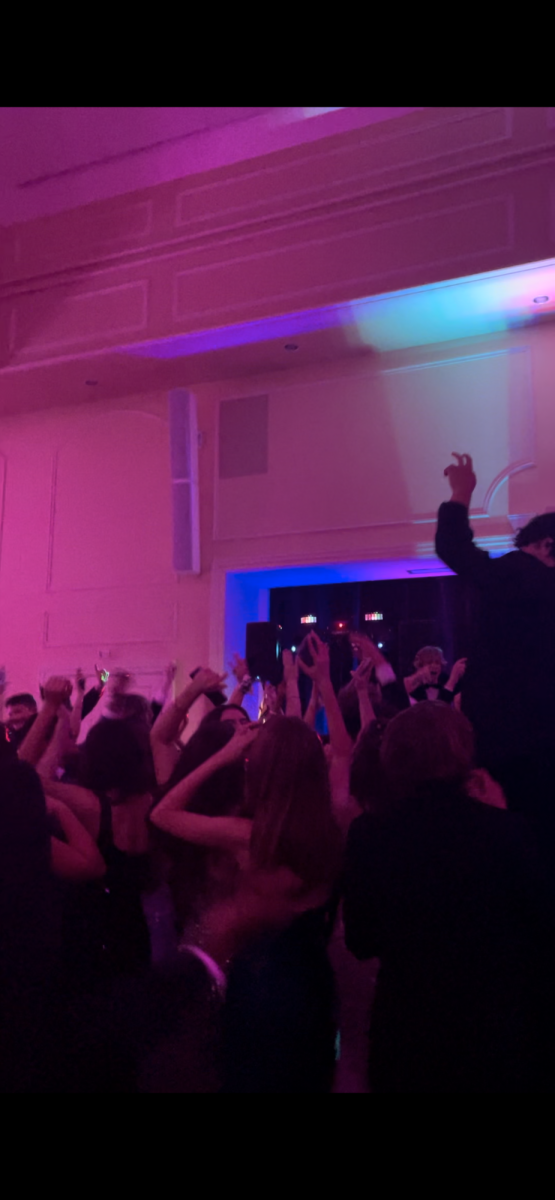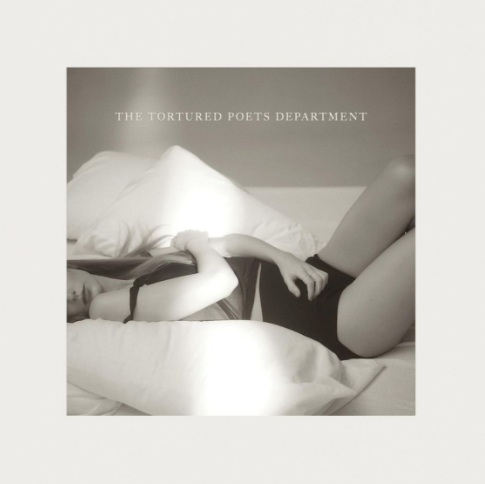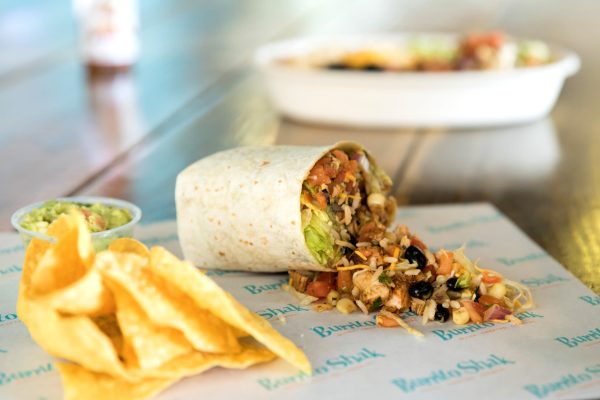Minimalism: The art of less

Presenting a clutter-free workspace, this desk area features a minimalistic setup for more productive, less stressful work. Minimalism as a whole reflects the joy of living with less items and eliminating all but what is necessary in order to live a more fulfilling and ultimately more successful life.
December 19, 2018
More and more people are committing to the minimalist lifestyle, yet many are unaware of the benefits of a simpler life. Minimalists work to declutter their living spaces and pare down their belongings to live a more meaningful life. Minimalism has increasingly become more prevalent, and a large amount of people have chosen to embrace the art of living with less.
The benefits of minimalism are wide-ranging. One of the most significant positive changes it allows is creating room for what is really important in life. Often minimalists, whether they expect to or not, experience alterations in the way they perceive things because of the massive changes they have implemented into their everyday lives. More often than not, items that we consider to be sentimental are of no use to us and do not hold as much meaning as we think they do. After donating, selling, or throwing them away, it becomes evident how easy it is to live without them. This also saves money, as minimalists do not feel the need to constantly buy new things to be personally fulfilled. Furthermore, having an abundance of objects can make us feel tied down. Narrowing this collection down can permit anyone to experience a greater sense of freedom, peace of mind, and contentment. “I feel like a minimalistic lifestyle is really helpful to prioritize things in your life and get rid of any unnecessary distractions that may be in your way for no reason,” junior Amelia Shea shared. Adopting minimalism and having a more focused and free mindset can allow greater success in all aspects of our lives.
Given the extensive upsides to this way of life, it is no wonder there is increasing interest among various demographics to take on the minimalist lifestyle. In doing so, it is best to start by sorting through all of your belongings to determine what is essential, getting rid of duplicate items or objects that go mostly unused. The widely accredited KonMari method of cleaning, created by bestselling author and organizing consultant Marie Kondo, shows similarities to minimalistic principles. The strategy says to only keep items that bring you joy. However, minimalism typically requires taking this philosophy one step further by eliminating excessive attachment to sentimental items. Many minimalist influencers, including YouTuber Rachel Aust and podcaster and film producer Joshua Fields Millburn, recommend going through everything you own several times, eliminating more and more each instance, until you are happy with your collection of items and have created a clutter-free zone in your living space. Additional commitments include learning to wear less clothes, cooking more often and rotating a series of meals each week or few weeks, and travelling lightly. With all of that said, minimalism can be interpreted differently by everyone, and there is no particular set of standards to be followed in order to adopt the lifestyle. Every minimalist pares down their belongings based on their personal definitions of scale, and there is no determined quantity of items you must get rid of in order to be considered a minimalist.
Minimalism is known to entail general satisfaction with life, as it alleviates stress through the undertaking of owning less. It puts less emphasis on material items as opposed to goals, values, and other entities which are important to us- perhaps more important than many of our belongings. In a world that is perpetually progressing commercially, materialistic thinking has become instinctive to many to whom owning more is a shared goal. Minimalism reverses this way of thinking and promotes living simply thus becoming happier with what you have.






















